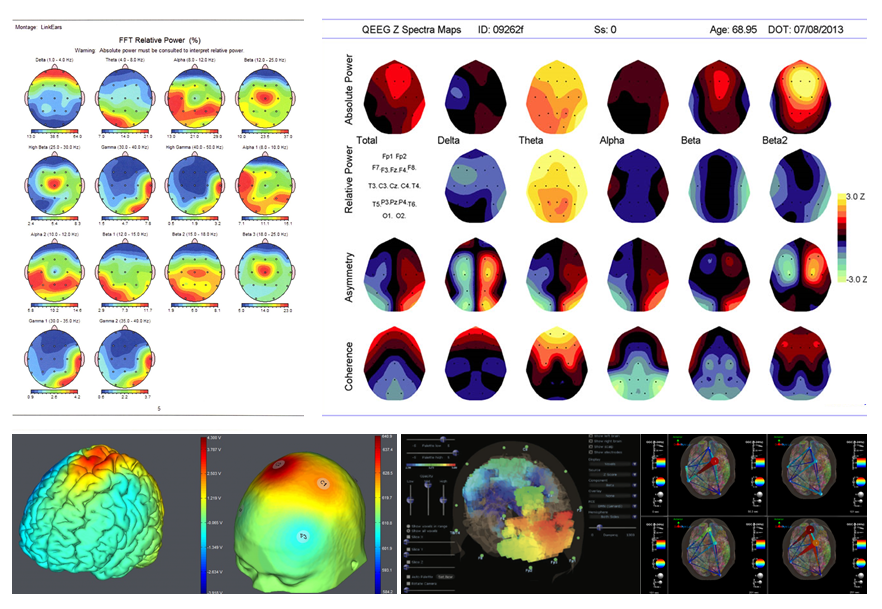Revealing the Secrets of the Mind Through Quantitative EEG Brain Mapping Techniques in Psychological Health Evaluation
Revealing the Secrets of the Mind Through Quantitative EEG Brain Mapping Techniques in Psychological Health Evaluation
Blog Article
Comprehending the individual brain is a challenging endeavor, particularly when it comes to mental health. Traditional methods of assessment frequently depend on conversations and surveys, which can occasionally overlook important details about how the brain operates. This is where qEEG brainwave analysis, or qEEG, enters into the picture. qEEG is a specialized technique that assesses neural signals in the brain. By analyzing these brainwaves, psychological health experts can gain valuable insights into a person's psychological condition, helping to improve diagnosis and treatment.
qEEG functions by applying small sensors on the head to capture neural activity. These sensors detect neural signals produced by nerve cells, the units in the brain that communicate with one another. The information collected is then processed and displayed as a set of patterns. Each type of brainwave—such as alpha, beta, δ, and θ—relates to different psychological conditions and activities. For instance, α oscillations are commonly associated with relaxation, while β oscillations are linked to active thinking and problem-solving. By analyzing these trends, clinicians can identify irregularities that may indicate psychological health concerns.
One of the major benefits of qEEG is its ability to provide unbiased information. In contrast to traditional evaluations that depend on personal reports from patients, qEEG provides a distinct view of brain function. This objectivity can assist minimize prejudices in assessment and result to more accurate treatment plans. For example, if a client is experiencing anxiety, qEEG can show particular trends of brain activity that are associated with stress disorders. This data enables psychological health experts to tailor interventions more efficiently, whether it be through counseling, pharmaceuticals, or other treatments.
Moreover, qEEG can be especially beneficial in tracking intervention advancement. By performing qEEG evaluations at different points during treatment, healthcare providers can monitor variations in brain activity over time. This ongoing evaluation helps determine whether a intervention is working or if modifications are needed. For instance, if a client is not responding to a particular medication, qEEG may show that their brain activity has not changed in a way that indicates improvement. This feedback loop can lead to more personalized and efficient psychological health care.
In summary, qEEG brain mapping is a powerful tool in the field of mental health assessment. By providing objective data about brain activity, it enhances the understanding of various psychological health disorders. This method not only aids in accurate diagnosis but also helps in monitoring treatment effectiveness. As mental health professionals Read More Here continue to explore the potential of qEEG, it holds promise for improving the lives of individuals dealing with psychological health issues. With continuous investigation and progress in techniques, the secrets of the brain may become clearer, leading to better outcomes for those in need of assistance.